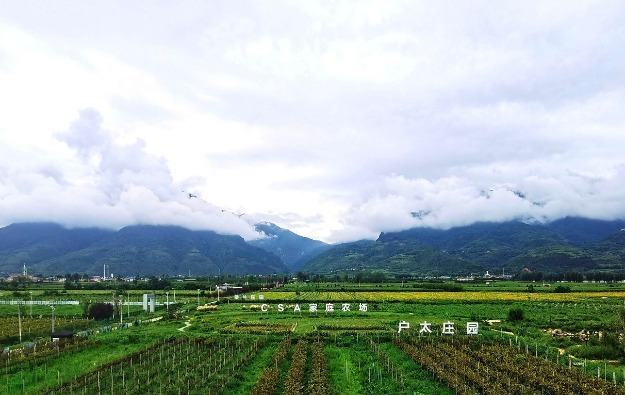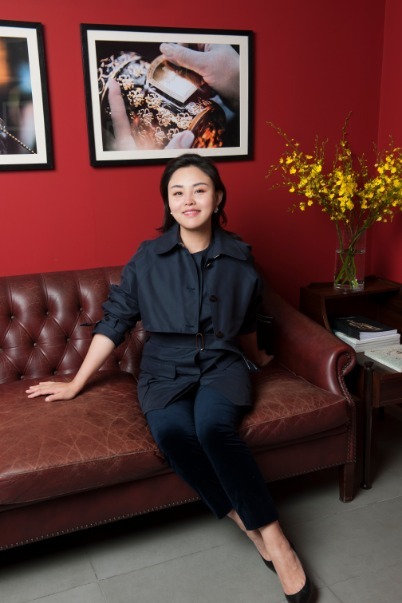Bottling aroma for an ancient city


Xi'an, the starting point of the ancient Silk Road, is a city with a proud heritage and has served as the capital of 13 dynasties. The capital of Shaanxi province is best known, today, as the home of the terracotta warriors. But how would you encapsulate or imagine the fragrance of a city with such a heritage?
When it comes to things cosmetic the French have, how would you say, a certain je ne sais quoi.
For Guerlain, the fragrance brand from France, the city is as elegant as bamboo, as fresh as jasmine, and as dignified as sandalwood. Which means that it is no surprise that the company has recently launched a perfume named, well, Xi'an. In its longer than 190-year history, Guerlain has dedicated perfume to royal families and celebrities. But this is the first time it has created a perfume for a city.
The Xi'an municipal government and Guerlain agreed to develop a perfume for the city at the 3rd France-China Cultural Forum held in 2018.

Zhang Chengcheng, a Xi'an born 36-year-old entrepreneur, acted as the tour guide for Thierry Wasser, Guerlain's fifth-generation chief perfumer, helping him to better understand the city. Zhang was selected as one of the 50 personages during the 50-year anniversary of the establishment of diplomatic relations between China and France in 2014.
Accompanied by Zhang, Wasser visited famous sites and historical monuments, tasted local food, and listened to raindrops falling and dripping off the city wall. He mobilized all his senses for inspiration, and finally he chose the scents of three plants to express his vision of Xi'an.
After 18 months, Wasser completed the creation in November.
"The perfume is not only a product or a cultural symbol, but it must also be associated with the people of the land where it's created," he said in an interview with Xinhua News Agency.
During Wasser's stay in Xi'an, Zhang also took him to Hujiazhuang village at the foot of the Qinling Mountains, which is 40 kilometers away from the city's urban area, to witness rural life there, and told him about the village's fight against poverty.
Hujiazhuang village was once very poor. Although villagers grew wheat, corn, and some worked in big cities, their average annual net income was only 1,680 yuan ($258).




































